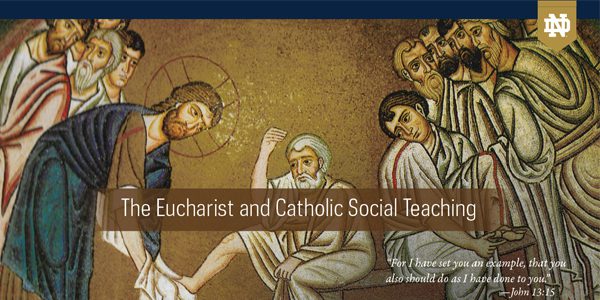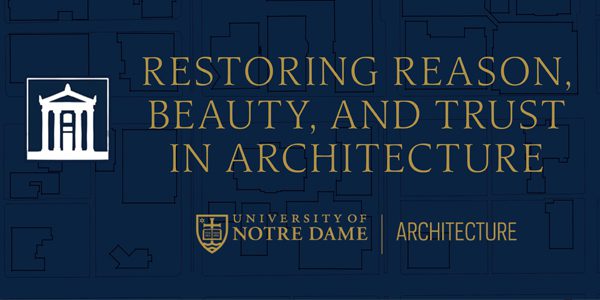Clingen Conversation: “The Catholic Church and the Irish Civil War: Should the Church Apologize?”
More than twenty years ago, the Catholic Church in Argentina apologized for its behavior during the country’s long “Dirty War” from 1976-1983, in which the Church failed to take a stand against the generals responsible for conducting military death squads and engineering the disappearance of tens of thousands of political dissidents. Recently, Dr. Tim Horgan, an Irish physician and independent scholar, has asked whether it is time for the Church to acknowledge its role in the Irish Civil War in 1922-23 and offer a similar apology.
In this installment of the Clingen Conversations, Oliver Rafferty, SJ (Boston College), Fearghal McGarry (Queen’s University Belfast), Caoimhe Nic Dháibhéid (Sheffield University), author and scholar Tim Horgan, and Brian Ó Conchubhair (Notre Dame) discuss whether the Irish Catholic bishops prioritized politics over Christianity in 1922-1923 by excommunicating and condemning those opposed to the Anglo-Irish Treaty that partitioned the island of Ireland.
Comparing the role of the Catholic Church in the Irish and Argentinian civil wars, the panel debates how the Church and the clergy responded to murder and torture. In addition to considering the legacy of excommunications, they probe how the Irish experience compares to similar events elsewhere. Was the Catholic Church’s position consistent with its own teaching and practices? Is the time now right for an apology?
Sponsored by the Clingen Family Center for the Study of Modern Ireland at the Keough-Naughton Institute for Irish Studies, part of the Keough School of Global Affairs at the University of Notre Dame.
This article was written by Heather Stanfiel and first appeared on the Keough-Naughton Institute for Irish Studies website.
February 23, 2023



